Anxiety in dogs is a common issue that many pet owners face. While all dogs can experience anxiety, certain breeds are more prone to it due to their genetics, temperament, or lifestyle needs. In this article, we’ll explore twelve dog breeds that are known to be more susceptible to anxiety and how their personalities contribute to these tendencies!
Labrador Retrievers

Labrador Retrievers are loyal and loving, but they can become anxious when left alone for long periods. In other words, they thrive on human companionship and often experience separation anxiety. So, without enough mental stimulation and exercise, they can become stressed and destructive.
Border Collies
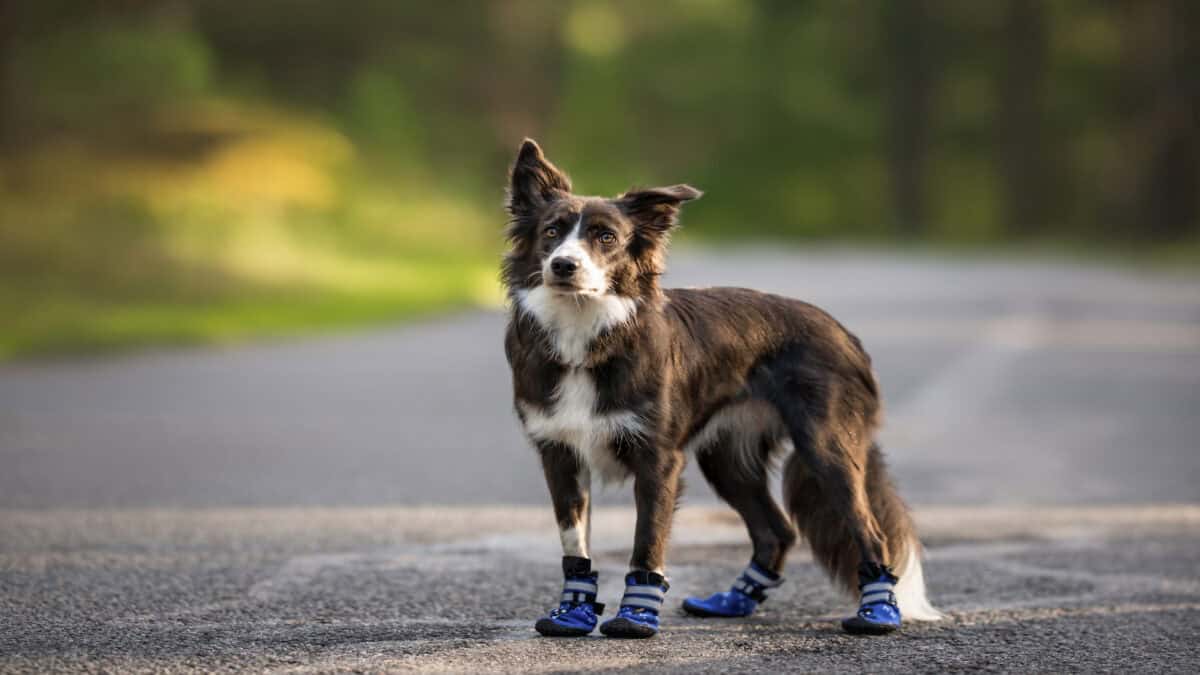
Border Collies are intelligent and high-energy dogs that need a job to do. In fact, when they don’t have enough physical or mental exercise, they can become anxious and frustrated. Their natural drive to work makes them more prone to anxiety if their needs aren’t met, much like a type A person.
German Shepherds

German Shepherds are known for their loyalty and protective nature, but this can lead to anxiety if they feel their family is threatened. Additionally, they are sensitive to their surroundings and can be easily triggered by unfamiliar noises or strangers. A lack of proper socialization can make this anxiety worse, so it’s important to introduce them to new people and places.
Chihuahuas

Despite their small size, Chihuahuas are often big in personality! However, their small stature can make them feel vulnerable, leading to anxiety in unfamiliar situations. That seems fair to me, I would feel the same way! They can also become overly attached to their owners and anxious if left alone or if routines change.
Bichon Frises

Bichon Frises are social dogs that love to be the center of attention. So, much like Labradors, when left alone or ignored for long periods, they can experience separation anxiety. They are also sensitive to changes in their environment, which can cause nervousness.
Cocker Spaniels
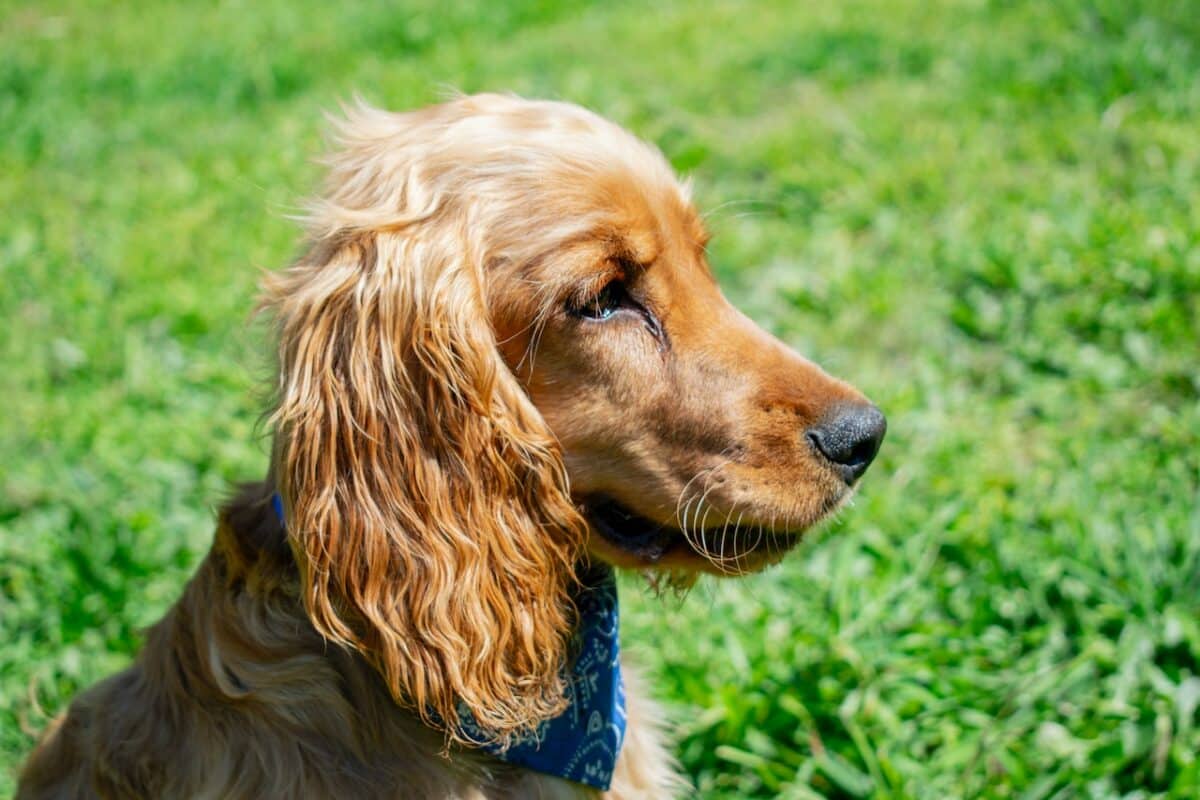
English Cocker Spaniel. Image by German Suarez via Pexels.
Cocker Spaniels are known for their gentle and affectionate nature. However, they can be prone to anxiety, especially if they feel neglected or aren’t given enough attention. Their strong bond with their family means they may become distressed when left alone.
Cavalier King Charles Spaniels

Cavalier King Charles Spaniels are affectionate dogs that thrive on companionship. They can easily develop separation anxiety if they are left alone frequently. Additionally, these dogs are highly sensitive to their owner’s moods, which can contribute to their anxious tendencies. They are often a reflection of how you are feeling!
Australian Shepherds

Australian Shepherds are energetic and intelligent dogs that need plenty of mental and physical stimulation. Without a job to keep them busy, they can become anxious and frustrated, just like a Border Collie. They may also develop anxiety if they don’t receive enough social interaction. In other words, these dogs need a job to do and friends to join in.
Poodles

Poodles, especially the smaller varieties, are prone to anxiety if they don’t have a consistent routine. They are highly intelligent and sensitive, which makes them more likely to experience stress in unfamiliar environments. Moreover, poodles need regular mental and physical exercise to help prevent anxiety.
Vizslas
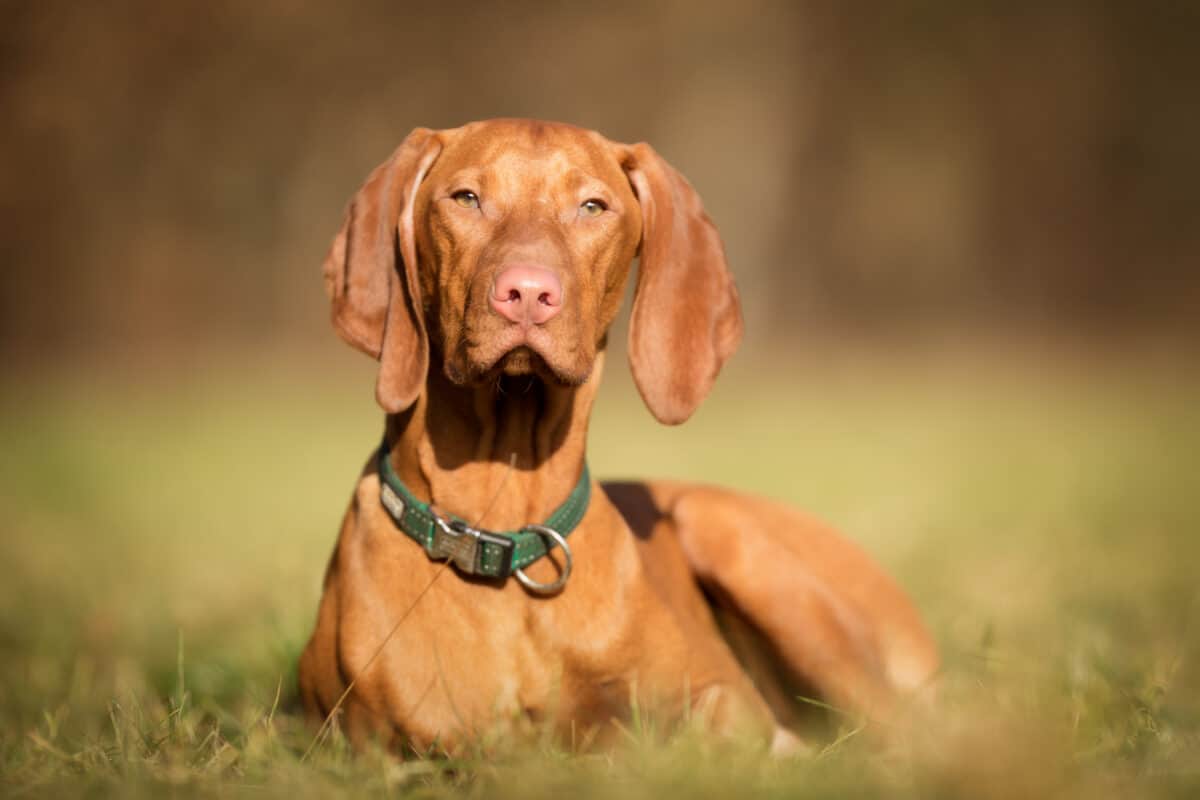
Vizslas are known as “Velcro dogs” because of their close attachment to their owners. So, they thrive on human companionship and can become anxious if they’re left alone for too long. Their sensitive nature also makes them more susceptible to anxiety in new or unfamiliar situations.
Italian Greyhounds
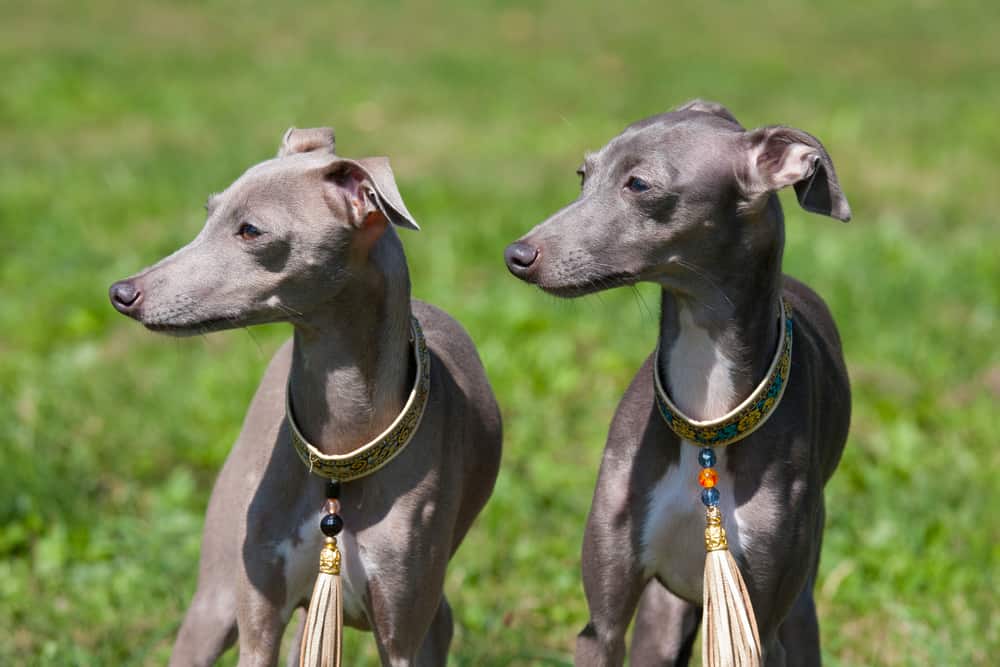
Italian Greyhounds are small, sensitive dogs that can be easily overwhelmed by loud noises or sudden changes in their environment. They are another breed that bonds closely with their owners and can develop separation anxiety if left alone for extended periods. Consequently, their delicate nature makes them prone to nervousness in stressful situations.
Whippets

Whippet. Image by Mitchell Orr via Unsplash.
Whippets are calm and gentle dogs, but they can become anxious if they aren’t given enough exercise. Furthermore, they have a sensitive temperament, and a lack of mental stimulation can lead to stress. Whippets may also experience anxiety if they are not properly socialized from a young age, so it’s important to take the puppies to make friends.
Conclusion
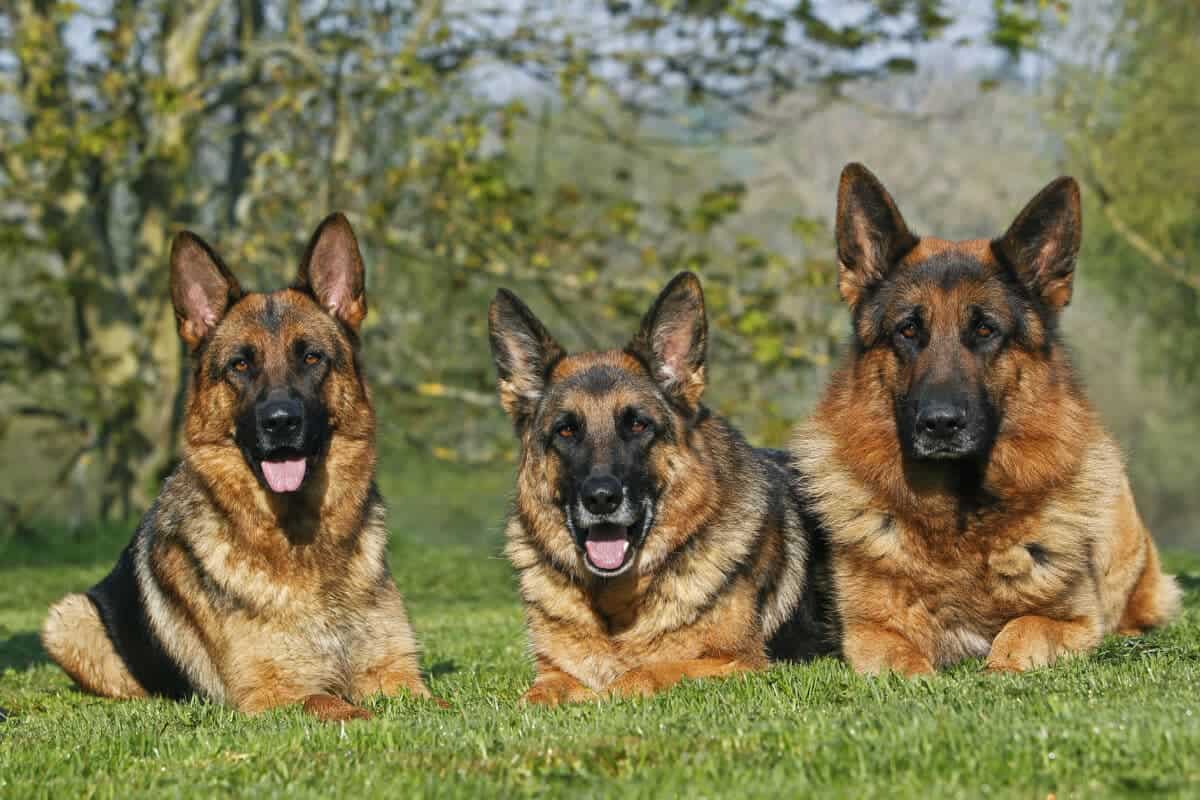
While many factors can contribute to anxiety in dogs, breed tendencies play a significant role. Understanding the needs of your dog’s breed can help you take steps to reduce their anxiety most effectively. Ultimately, with proper care, training, and attention, most dogs can live happy, stress-free lives! Do you care for an anxious dog? If so, what works for you guys?

Andrew Alpin from India is the Brand Manager of Doggo digest. Andrew is an experienced content specialist and social media manager with a passion for writing. His forte includes health and wellness, Travel, Animals, and Nature. A nature nomad, Andrew is obsessed with mountains and loves high-altitude trekking. He has been on several Himalayan treks in India including the Everest Base Camp in Nepal.






